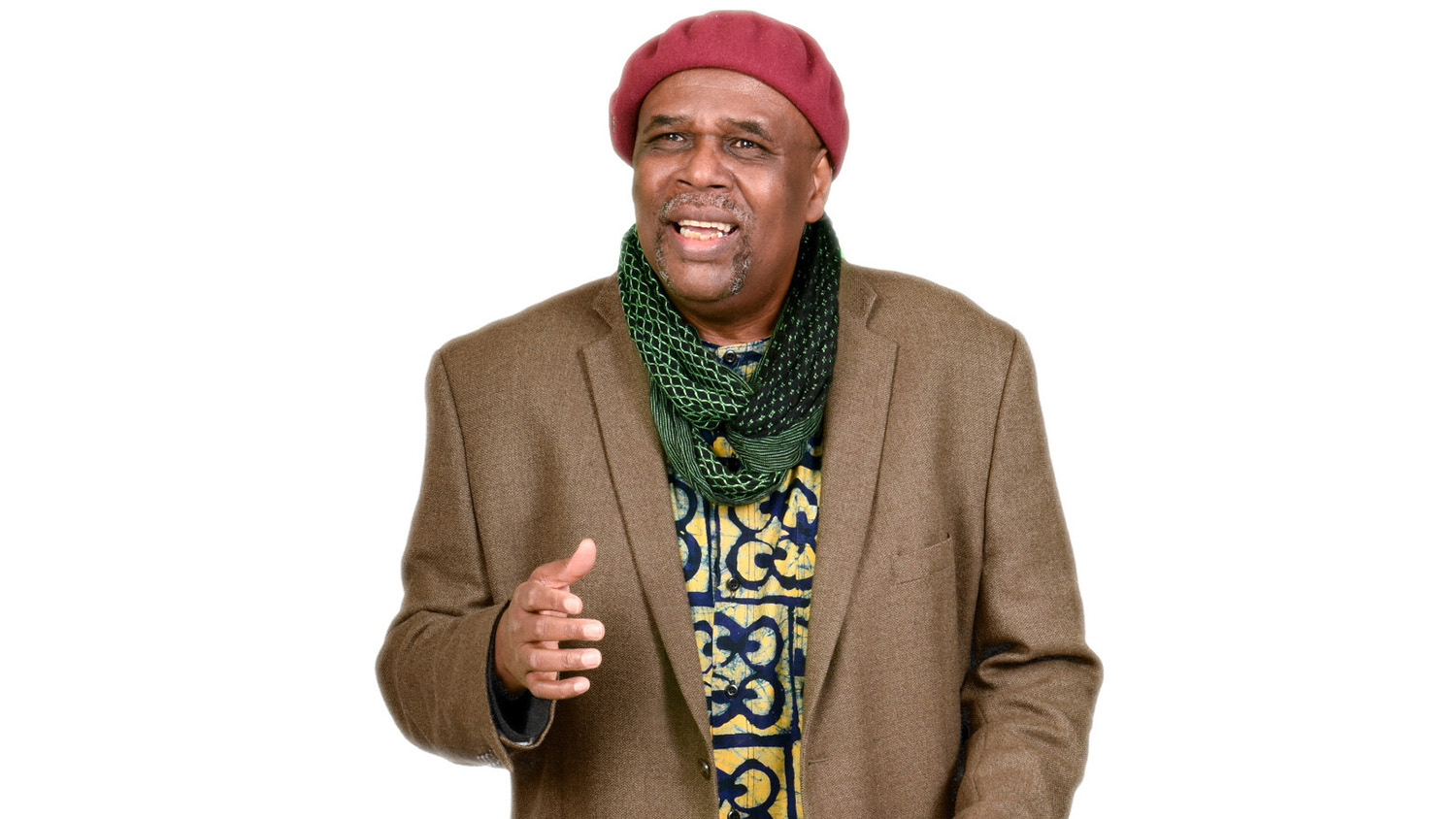Juneteenth Marked as Milestone in Fight for Equality

On June 19, 1865, Union soldiers arrived in Galveston, Texas, with important news: Slavery was over.
That date, celebrated as Juneteenth, was a “pivotal point in the psychology of African-Americans,” according to psychology professor Rupert Nacoste, a moment when they realized they had some power.
Nacoste led a discussion Monday for the African American Faculty and Staff Organization’s celebration of Juneteenth, held in Witherspoon Student Center. The theme was “We rise up.”
“Juneteenth was a beginning,” not an endpoint, Nacoste said during his presentation. African-Americans fought for their rights after emancipation and are still fighting for equality, along with people of various races, religions, gender identities and other characteristics. The source of the fighting hasn’t changed, Nacoste said: an “us versus them” mentality that inhibits social change.
“Who are the ‘we’? And who are among the ‘they’? That’s the struggle,” Nacoste said.
A Diverse Wolfpack
Nacoste has seen decades of social change, from a boy living under legal segregation in Louisiana to a tenured professor. In 30 years at NC State, he said he’s seen increased female enrollment, the creation of an GLBT center and organizations geared toward specific groups such as Hindus and Asian-Americans. He became the university’s first vice provost for diversity and African-American affairs in 2000 and pushed for administrators to tackle the growth of diversity. NC State now has the Office for Institutional Equity and Diversity to increase awareness of such issues and strengthen relationships among groups of people.
“From my first time in higher education to coming here in 1988, I’ve seen all of that evolve and become more and part of the everyday life of the university,” Nacoste said. “Most students aren’t surprised they have classmates who are African-American. Most students aren’t surprised they have classmates who are brown people.”
Nacoste said we live now in an age of neo-diversity, with students more likely than ever to encounter people of different backgrounds. This leads to neo-diversity anxiety – the struggle to adapt to this new environment.
‘Collaborations and Coalitions’
In his classes, Nacoste pushes students to build relationships with people of different identities. Acceptance and understanding between groups are necessary to diffuse the “us versus them” mentality holding society back, he said.
“People haven’t been taught about collaborations and coalitions during civil rights,” he explained. “It wasn’t just black people. White people marched. Black people worked with Latino people. All sorts of coalitions that helped move the agenda of human rights forward in America.”
Healthy relationships and effective communication are tools society can use to move toward equality, Nacoste said. “Learn to interact with people who are different from you. It makes you a better human being.”
On Monday, Nacoste used Juneteenth as a symbol of progress made and progress yet to come. Society must keep pushing for equality, he said, not just for African-Americans, but for everyone. Marginalized groups should support one another.
“Collaborations and coalitions: That is how we keep rising.”
- Categories:


